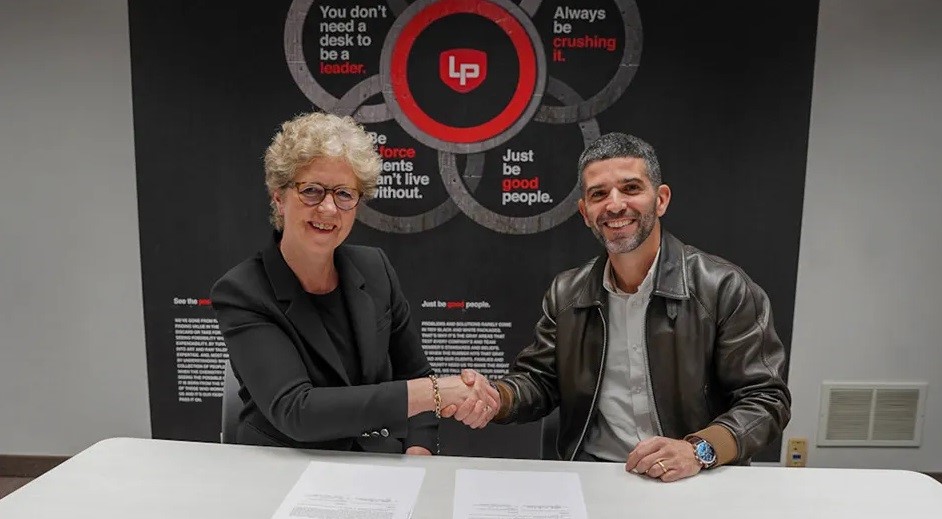

Norwegian aluminium and energy giant Norsk Hydro, in a recent development, has partnered with Michigan-based recycling firm Padnos, forming the Joint Venture (JV) "Alusort LLC" to make complete utilisation of Hydro's in-house sorting machine, Hysort. This venture will be fundamental in commercialising "Hydro's proprietary sorting technology, HySort, bringing this advanced aluminium sorting technology to the United States."

It was notified that the fifty-fifty joint venture would be utilising Padnos' existing facility in Grandville, Michigan, for the instalment of Hydro's proprietary sorting machine, Hysort. Hydro has assorted a capital investment of almost $4 million, and it is also confident that the Hysort production line will be activated by 2024.
The President and CEO of Hydro, Hilde Merete Aasheim, illustrated: "Digging deeper into the scrap pile and returning more aluminium to the cycle not only contributes to reducing emissions and nature impact – it's also good business."
"Alusort represents an exciting opportunity for both companies to strengthen our leading positions in recycling. With our state-of-the-art sorting technology, the joint venture can handle the most mixed and challenging scrap types that otherwise would have ended up in landfills. Instead, we bring it back to life as value-added, low-carbon products for the automotive, building and construction and other key aluminium end markets," the gentle lady remarked.
The president and CEO of Padnos, Jonathan Padnos, reverted: "At Padnos, we look for the next generation of recycling in all materials we handle, from ferrous metals to plastics to aluminium."
"Collaboration and market demand play critical roles in innovation. Hydro is the perfect partner for us to take aluminium recycling to the next level with our Alusort joint venture," Jonathan claimed.
With the Alusort JV, up to 20,000 tonnes of aluminium scrap per year will be sorted to perfection. Padnos personnel will be in charge of the daily operations, with Hydro personnel providing technical support and overseeing the activities.
This incredible partnership will mainly supply sorted aluminium scrap to Hydro's scrap-consuming melt shops in Michigan and Kentucky and potentially other Hydro facilities in North America. Additionally, different fractions will be sold to third parties, making a significant contribution to the circular economy.
Eyeing an emerging demand for green or low-carbon aluminium, Hydro exclaimed: "Access to post-consumer scrap becomes increasingly important for aluminium recycling companies like Hydro in the United States."
The cutting-edge HySort technology, based on laser-induced breakdown spectroscopy (LIBS), was developed in Europe and is currently operational at Hydro's recycling facility in Dormagen, Germany. This state-of-the-art technology is designed to recover specific aluminium alloys from obsolete vehicles and electronics, making it an invaluable addition to Hydro's recycling capabilities.
With the newly opened plant in Cassopolis, Hydro is set to produce an impressive 120,000 metric tons of aluminium extrusion ingot per year. This adds to the 11 recycled-content melt shops or extrusion plants that Hydro already has in the U.S. and one in Canada. Clearly, Hydro is a leader in aluminium recycling, and the HySort technology is a testament to that.
The Cassopolis plant was the first to produce Hydro Circal, a branded aluminium that is made from at least 75 per cent post-consumer aluminium scrap, certified by a third-party auditor, and has a low carbon footprint. The CO2 footprint of Hydro Circal is just 2.3 kilograms (kg) or less of CO2 equivalent per kg aluminium, which is considered market-leading.
Hydro's CEO, Hilde Merete Aasheim, prompted: "With Alusort, we will introduce our next-generation recycling technology, pioneered in Europe, to capture additional value from upstream sorting activities in the United States."
"We'll get access to more scrap types and expand our portfolio of high-quality recycled automotive alloys to our most demanding customers. Alusort is a key contributor and enabler for large-scale production of Hydro Circal," she added.
Padnos was established in 1905 and refers to itself as a third-generation recycling firm that transforms ferrous and non-ferrous metals, paper, plastics, end-of-life vehicle parts and electrical equipment. It has a widespread operation around 26 locations in the world and boasts an employee count of 1,000.
Responses








